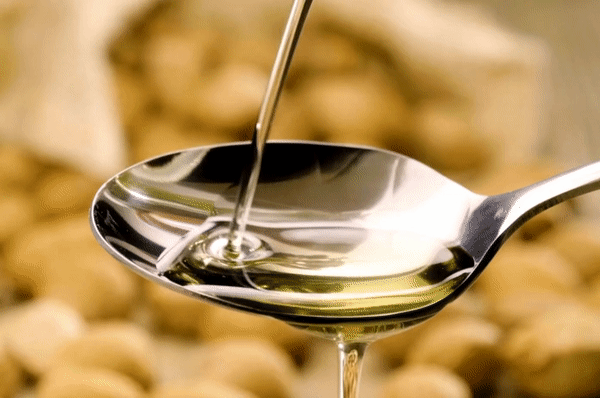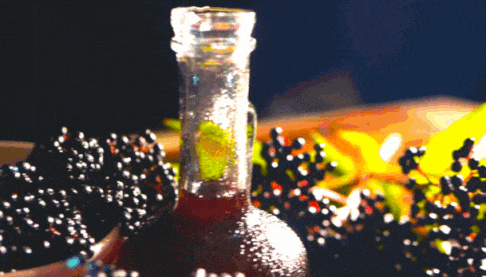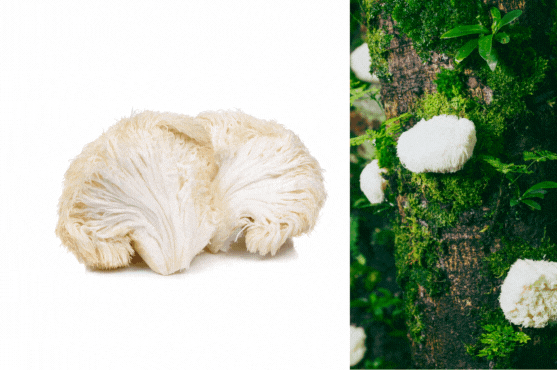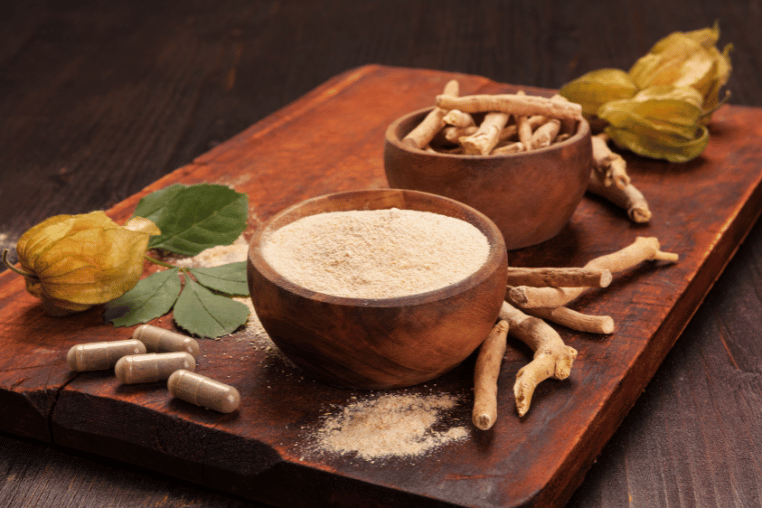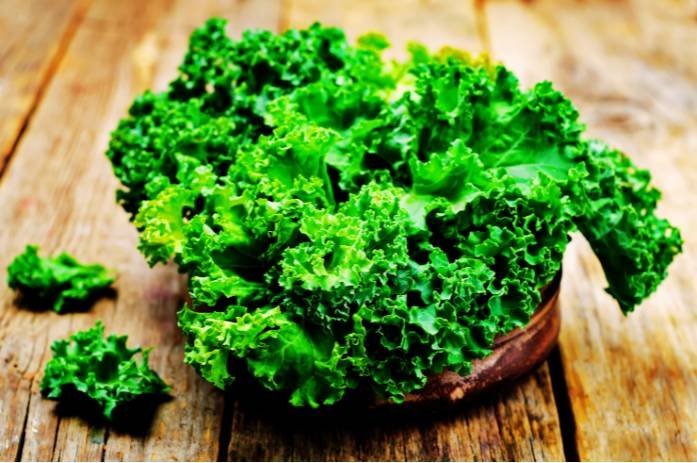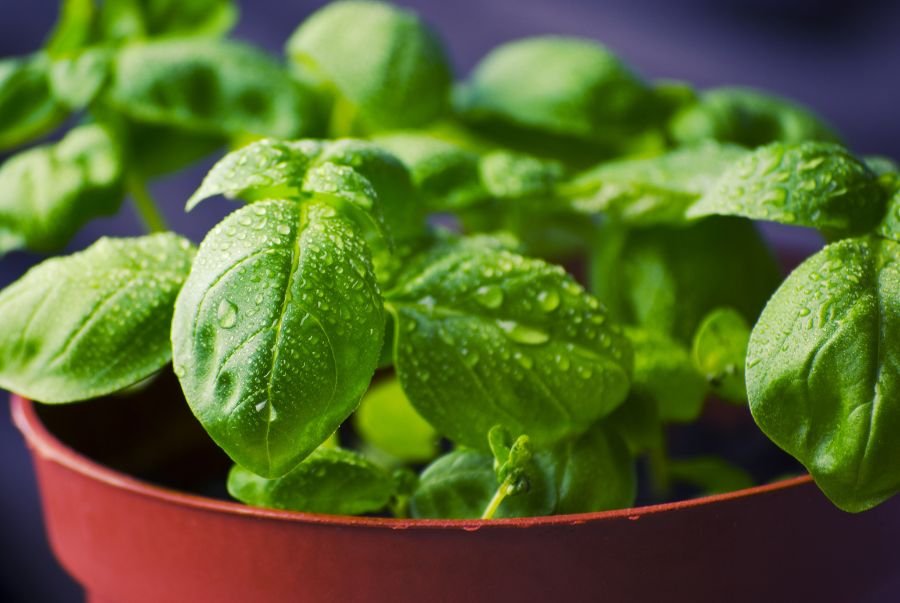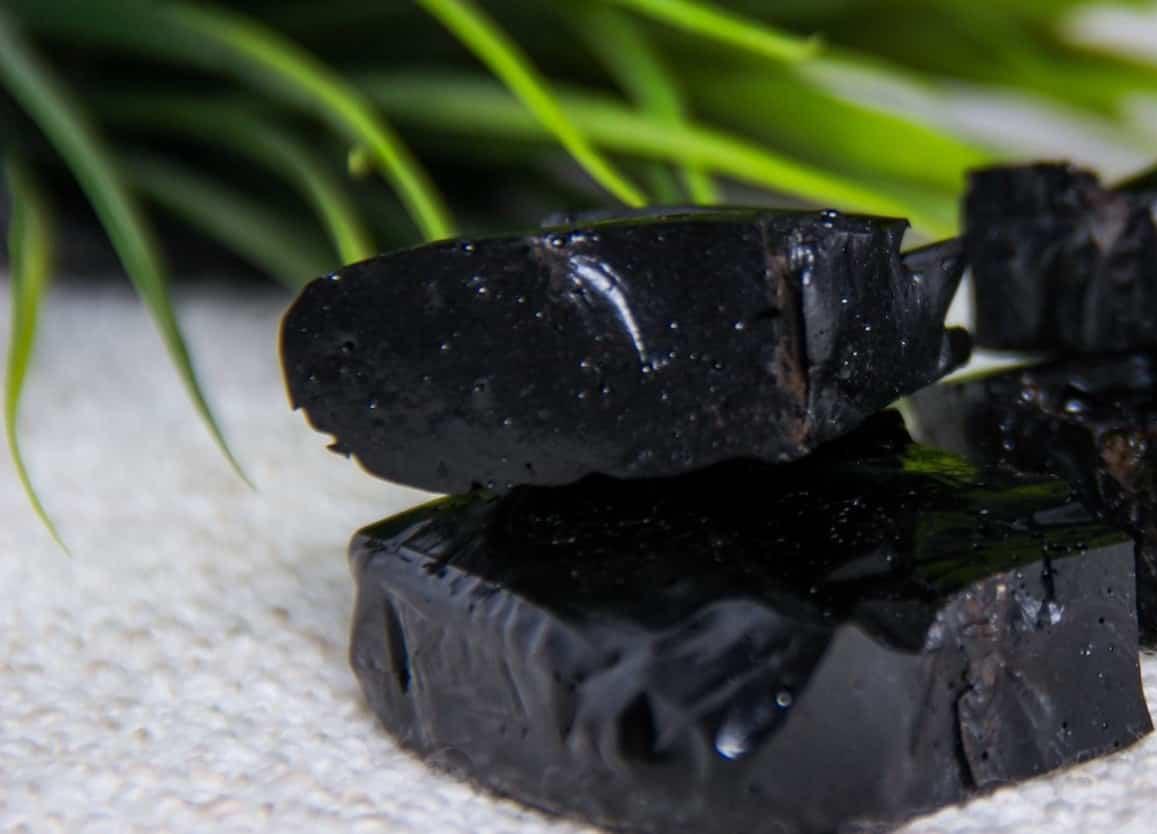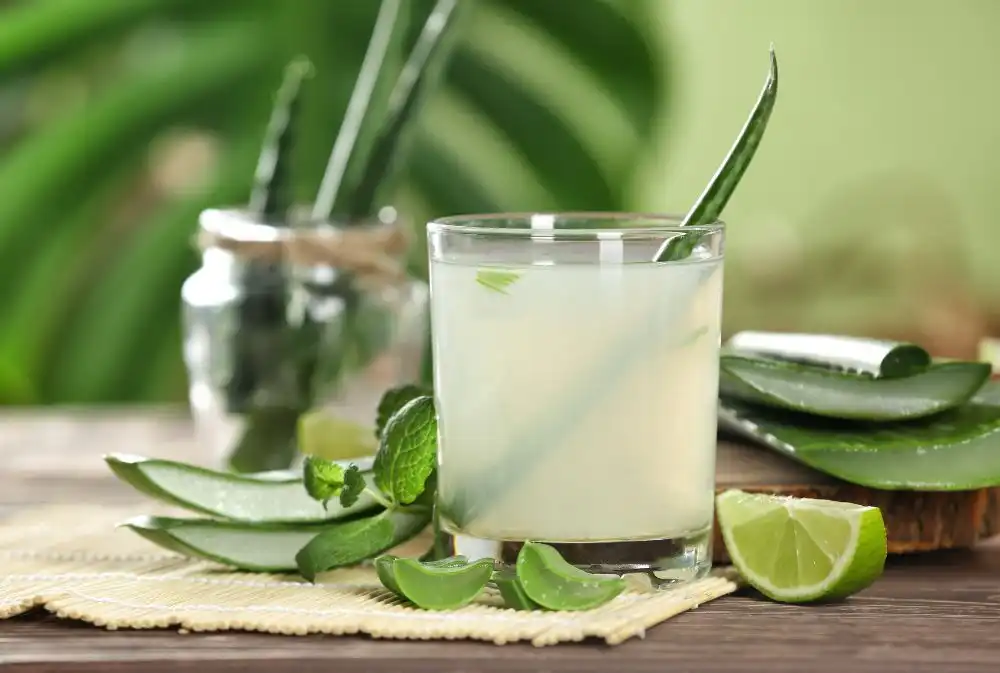
Certified Dietition
Introduction
Licorice, with its distinctive sweet flavor and rich history, has captivated taste buds and intrigued medical practitioners for centuries. This remarkable root of the Glycyrrhiza glabra plant has found its way into various aspects of human life, from ancient civilizations and traditional medicine to modern-day culinary delights. Let’s embark on an enchanting journey through the realm of licorice as we uncover its intriguing history, unravel its health wonders, and savor its delectable culinary allure.
Health Benefits of Licorice
- Soothing Properties for Digestive Health
One of the most well-known benefits of licorice lies in its soothing properties for the digestive system. Licorice root contains compounds like glycyrrhizin, which have anti-inflammatory effects on the stomach lining, making it an effective remedy for indigestion, heartburn, and stomach discomfort.
- Respiratory Health and Cough Relief
Licorice has been a go-to remedy for respiratory issues for centuries. Its natural expectorant properties help in expelling mucus and easing coughs and sore throats. In traditional medicine, licorice has been used to alleviate bronchitis and respiratory congestion.
- Anti-Inflammatory Effects
The anti-inflammatory compounds in licorice root have shown promise in reducing inflammation in various parts of the body. Studies have suggested that glycyrrhizin and other bioactive components in licorice may help manage inflammatory conditions.
- Skin and Oral Health Benefits
Licorice’s antimicrobial and anti-inflammatory properties extend to skincare and oral health. It has been used topically to soothe skin conditions like eczema and psoriasis. Additionally, licorice is an ingredient in oral health products like toothpaste and mouthwash for its natural antimicrobial benefits.
Potential Side Effects and Precautions
While licorice offers numerous health benefits, excessive consumption can lead to adverse effects. Glycyrrhizin, a key compound in licorice, has been associated with increased blood pressure and sodium retention, posing risks to individuals with hypertension. It can also interact with certain medications, such as diuretics and corticosteroids, and individuals with specific health conditions should use licorice with caution.
Culinary Uses of Licorice
Beyond its medicinal properties, licorice has found its way into the culinary world, where its unique sweet flavor elevates various dishes and treats.
- Licorice in Confectionery and Candy
Licorice candy, often in the form of black or red twists, has been a favorite sweet treat for generations. Its natural sweetness and distinctive taste make it a delightful indulgence.
- Licorice in Beverages and Teas
Licorice root is used in herbal teas and infusions for its natural sweetness, enhancing the flavor profile without the need for added sugars. It adds a unique twist to traditional herbal blends and offers a soothing drink experience.
Licorice in Traditional Medicine and Herbal Remedies
The use of licorice in traditional medicine systems has been vast and varied. In Ayurveda, the traditional medicine of India, licorice is considered a balancing herb that harmonizes the effects of other medicinal herbs. In Traditional Chinese Medicine (TCM), it is often used in herbal formulations to nourish the body’s energy and soothe the respiratory system.
The Science Behind Licorice’s Active Compounds
The therapeutic effects of licorice can be attributed to its active compounds, with glycyrrhizin being one of the most prominent.
- Glycyrrhizin and Its Properties
Glycyrrhizin, a sweet-tasting compound found in licorice root, has been the focus of numerous scientific studies. It has shown anti-inflammatory, antiviral, and antioxidant properties that contribute to licorice’s health benefits.
- Other Bioactive Components
In addition to glycyrrhizin, licorice root contains flavonoids, coumarins, and other bioactive compounds that may further contribute to its medicinal properties.
Licorice and Stress Management
Beyond its physical health benefits, licorice has been associated with stress management and mood regulation. Some studies suggest that licorice may help reduce stress and support emotional well-being, although further research is needed to fully understand its effects on mental health.
Licorice as a Dietary Supplement
The popularity of licorice root extract as a dietary supplement has grown in recent years, thanks to its various health benefits.
- Licorice Root Extract and Supplements
Licorice root extract is available in different forms, including powders, capsules, and liquid extracts. These supplements offer a convenient way to incorporate licorice into one’s daily routine.
- Dosage and Recommendations
It is crucial to follow recommended dosage guidelines and consult with a healthcare professional before using licorice supplements. Excessive consumption of licorice supplements can lead to glycyrrhizin-related side effects, such as increased blood pressure.
Quick Recap
Licorice, with its sweet flavor, historical significance, and diverse health benefits, remains a natural wonder revered by cultures around the world. From its use in ancient civilizations to its incorporation into modern culinary delights and traditional medicines, licorice continues to leave a lasting impression. As with any natural remedy, moderation is key, and seeking advice from healthcare professionals ensures that we can fully appreciate and harness the marvels of this extraordinary plant.
FAQs (Frequently Asked Questions)
Yes, licorice has soothing properties that can help alleviate indigestion and heartburn.
While licorice offers health benefits, excessive consumption should be avoided, especially for individuals with certain health conditions.
Yes, licorice has been used topically to soothe skin conditions like eczema and psoriasis.
Licorice can be enjoyed as licorice candy, added to herbal teas, or used in various culinary dishes for its sweet flavor.
Yes, licorice supplements can pose risks, especially for individuals with hypertension and certain health conditions. It is essential to follow recommended dosages and consult with a healthcare professional before using supplements.








